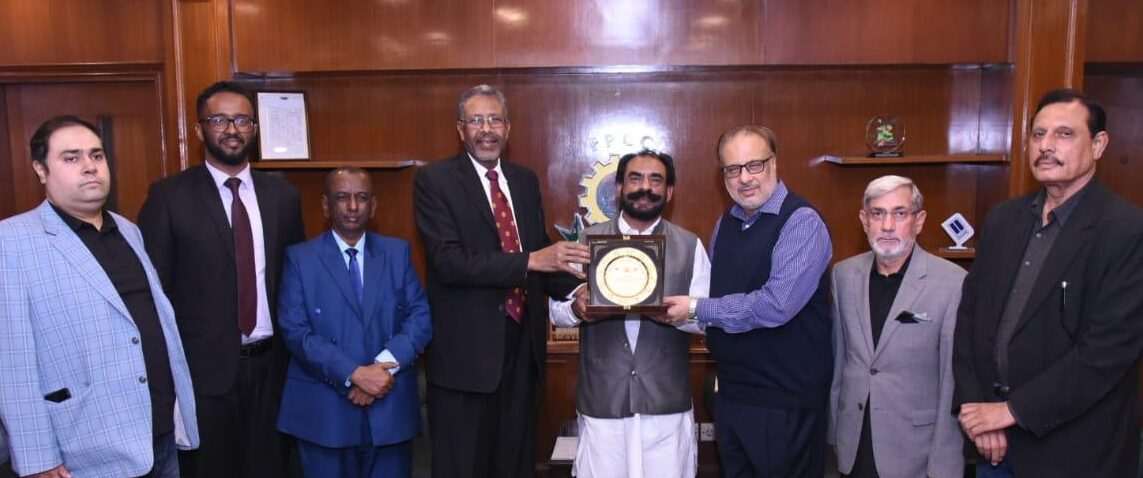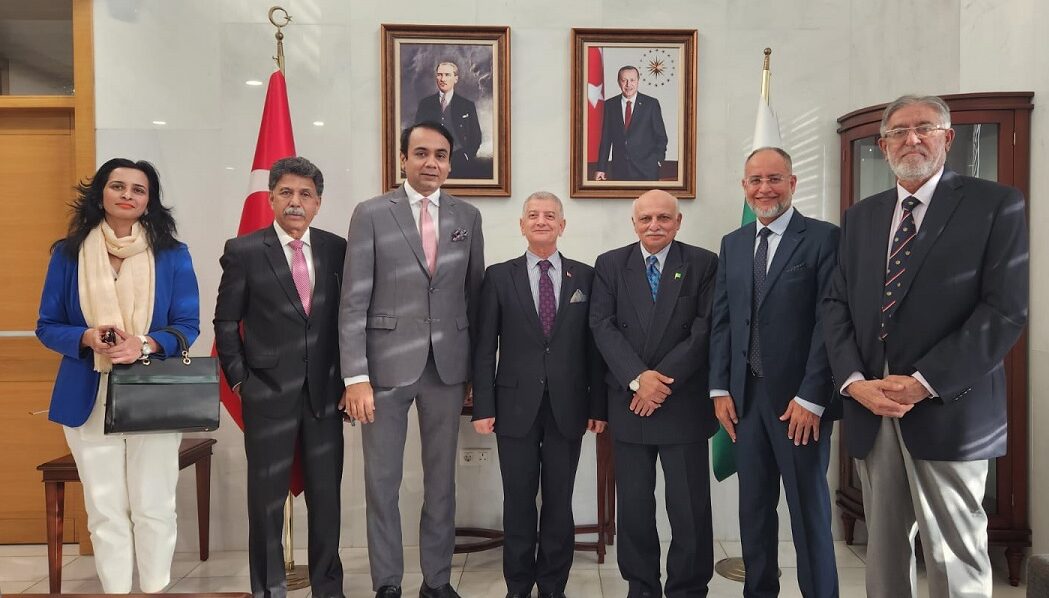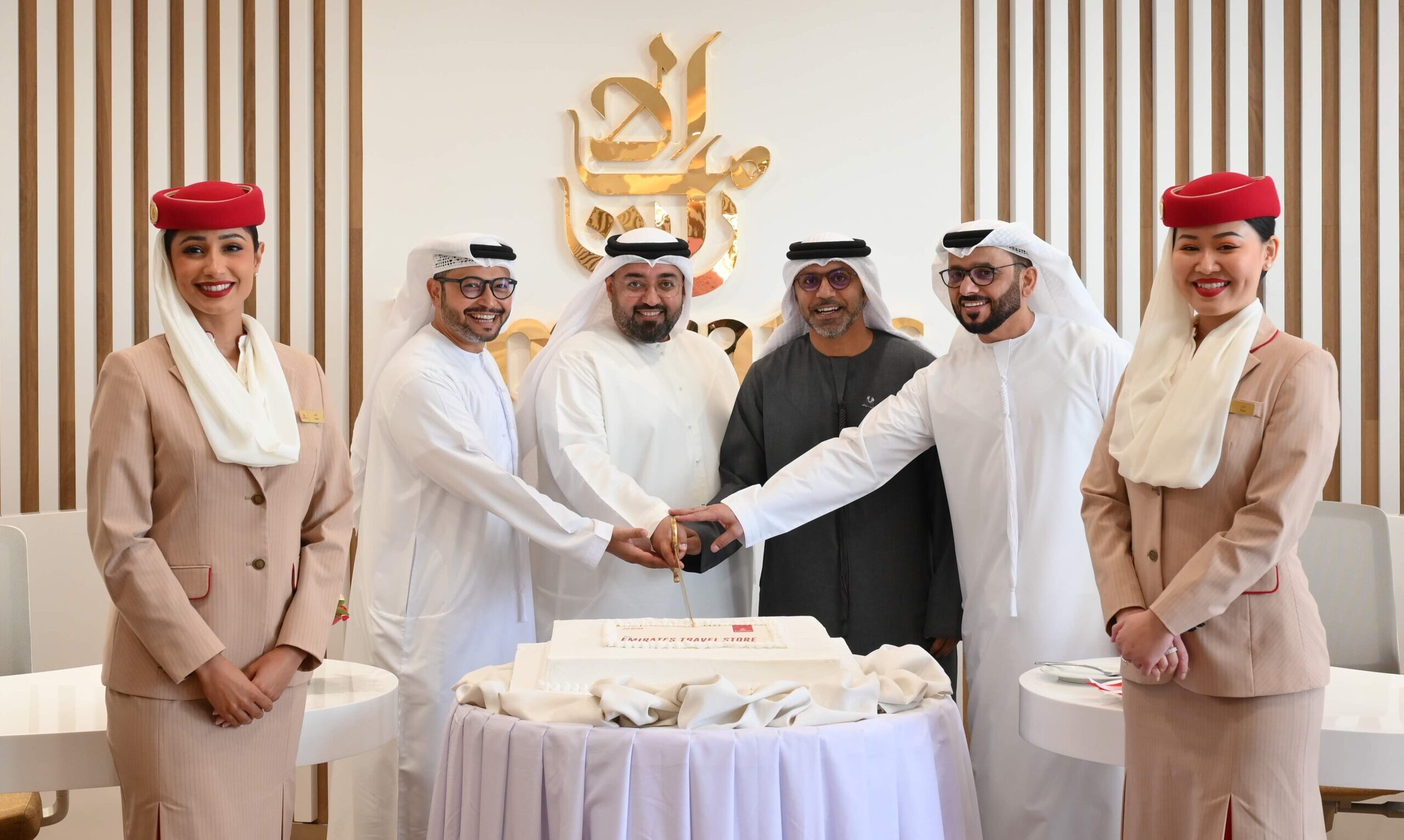Karachi, May 14, 2019: Pakistan Weaving Mills Association’s Chairman, Yousuf Yaqoob has condemned the disparity in natural gas sale pricing between the Sindh and Punjab provinces. While demanding a uniform gas tariff for the zero-rated textile sector across the country,
Yousuf Yaqoob stated that gas supply to the exporters of zero-rated textile sector in Punjab has been revised from 28:72 to 50:50 for domestic gas and RLNG respectively. According to Yousuf Yaqoob, PWMA Chairman, the weighted average gas tariff of RLNG consumers in Punjab has been fixed at US$ 6.5 per MMBTU.
However, notified RLNG gas price @ US$ 12.5389 per MMBTU of similar consumers in Sindh, Baluchistan and Khyber Pakhtunkhwa has remained unchanged and it has not been brought at par with their competitors in Punjab. Terming the disparity in gas prices between Punjab and Sindh provinces as apparent discrimination, PWMA Chairman urged the Federal Government to equalize the regional prices of gas for the zero-rated textile sector in all the provinces and enforce a uniform gas tariff for this particular industrial sector across the country by eliminating regional disparities.
Yousuf Yaqoob, PWMA Chairman has also contended that disparity in gas prices for the exporters of the zero-rated textile sector within the country is yielding negative impact over the national exports, textile production, generating revenue and employment in the Sindh province. He condemned the government’s discriminatory attitude towards the Sindh-based textile industry as it is facing a serious blow of non-viability within the country.
He urged the Prime Minister of Pakistan to take notice of discrimination with Sindh industries on gas prices and demanded to ensure gas supply to zero-rated textile industries at equal price across the board. With the huge difference in gas prices, zero-rated textile industries are at a disadvantage with their competitors in Punjab province, said Yousuf Yaqoob.
He appealed to the government to take cognizance of the serious matter to save Sindh-based zero-rated textile industry from disaster as high energy cost is holding it back from growing up to its full potential.


























































































































































































































































































